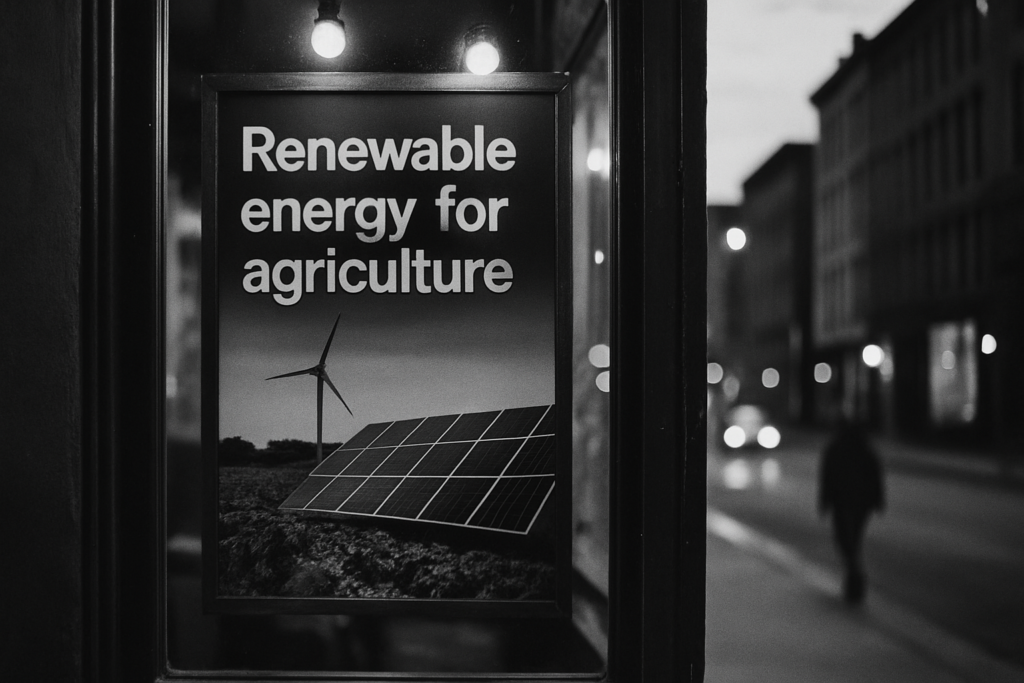2162125121 and Data Signals
Interestingly, what grabs attention isn’t just the calls themselves—it’s how this number shows up elsewhere. Some users report seeing it referenced in email campaigns or odd search suggestions. That’s odd, right? It suggests either:
- The number is being recycled/reused by several platforms.
- There’s a data link—possibly scraped data from a breached dataset or shared call list.
If you’ve seen 2162125121 associated with your digital footprint outside phone calls, take it as a cue to tighten privacy settings.
What Is 2162125121?
First, let’s identify what we’re dealing with. 2162125121 appears to be formatted like a 10digit U.S. phone number. The area code “216” is based in Cleveland, Ohio. So at surface level, you’re looking at a Clevelandbased contact—possibly a cold call, marketing outreach, or something more obscure.
Digging further, many report that this number is associated with robocalls or surveys. It’s commonly flagged on caller ID apps or forums and rarely tied to a known individual or verified organization. If you’ve received a call from this number, there’s a good chance it was unsolicited.
Common Reports and Sources
Users across various spam alert platforms have described similar experiences:
Repeated missed calls, often with no voicemail. Autodial voice messages conducting “research” or surveys. Attempts to gather personal data under vague pretenses.
While not definitively malicious, its pattern lines up with what marketers and data miners use to cast a wide net. In short: either ignore or block it. Answering may convince the system you’re a valid target, increasing call frequency.
Is There Any Legitimate Use?
Here’s the gray area. Some surveys linked with real research bodies outsource their calls via thirdparty dialers. That means, sometimes numbers like 2162125121 can technically be legit. But don’t confuse technical legitimacy with trustworthy contact—especially if there’s no transparency about who’s behind the call.
You’ll often find these thirdparty firms listed in fine print of survey disclosures or university research footnotes. Still, the accountability gap is wide. Unless you specifically opted into something (and remember doing so), there’s usually no reason to engage.
How People Are Responding
Let’s look at how folks are reacting to this number:
Blocking: The top method. Most phones let you block any number permanently. Reporting: Using tools like Nomorobo, Truecaller, or the FTC’s complaint portal. Avoidance: If it’s really important, legit organizations will leave a detailed message. Vague or missing voicemails? That’s a red flag.
People are rightly wary. With phone scams climbing over the years, it’s now standard practice to treat unfamiliar numbers with skepticism.
Things to Watch For Moving Forward
When it comes to strange or recurring numbers, a little vigilance goes far. Here’s what to do if you come across something like 2162125121:
Don’t engage unless you have context. Use call screening apps. They batch user feedback to spot patterns fast. Search responsibly. If you’re checking out unknown numbers often, make sure you’re not clicking shady linkbacks. Lock down permissions on social accounts and datasharing agreements. Opt out when you can.
Avoiding spam calls isn’t about silencing your phone—it’s building a smart filter against digital noise.
Final Thoughts on 2162125121
At the end of the day, 2162125121 is most likely tied to lowtrust behavior—robocalls, mass surveys, or cold contacts. Whether it’s automation or just sloppy outreach, the smart move is to steer clear. You won’t miss anything valuable by avoiding unsolicited calls from unknown sources.
If you’re someone who values clarity and likes to keep your digital world streamlined, numbers like 2162125121 serve as reminders: maintain control of who gets your attention.
Stay sharp, block the noise, and save your time.



